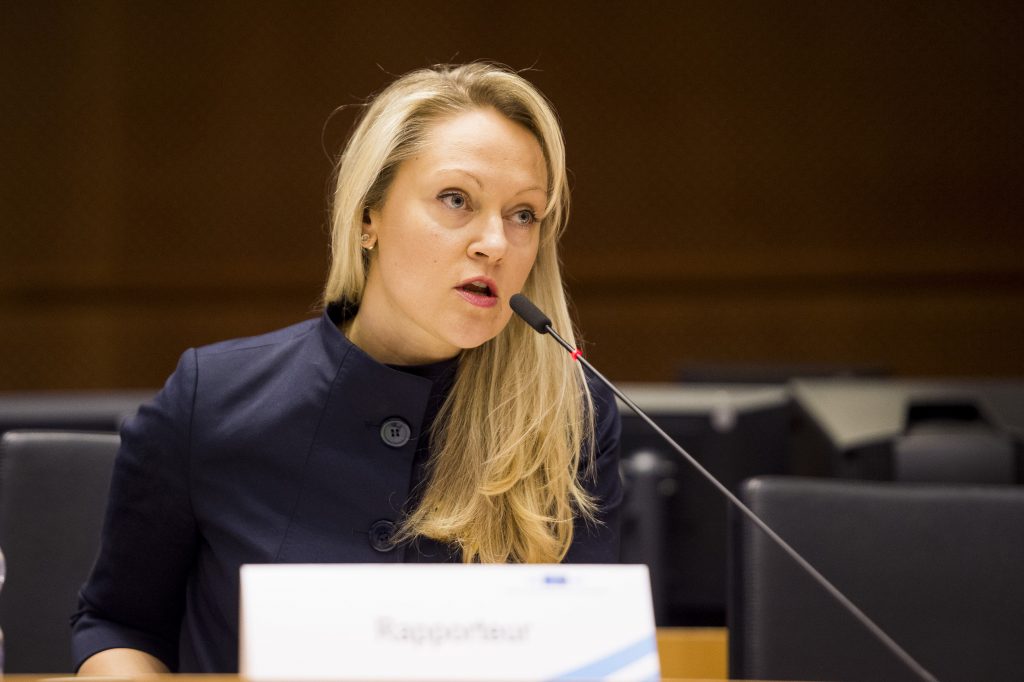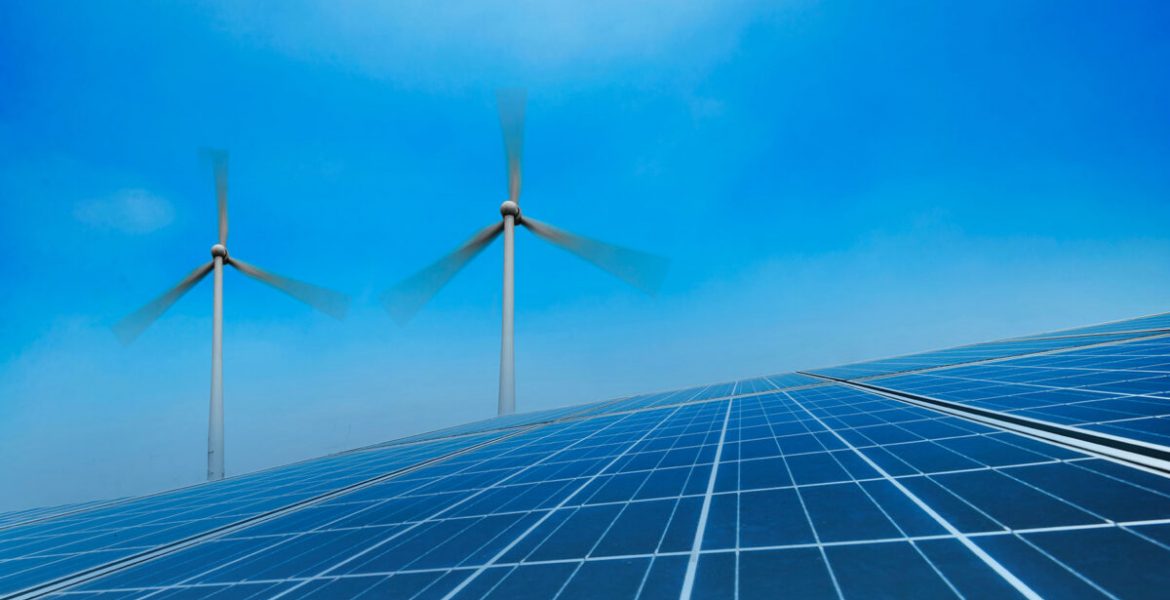At the webinar organised by the Section for Transport, Energy, Infrastructure and the Information Society (TEN), EESC members point out that the contribution of civil society will be fundamental for the future of the EU’s hydrogen strategy.
Developing a renewable hydrogen ecosystem is a key priority for achieving the European Green Deal, but the social and economic consequences must be carefully weighed up – and that’s where the involvement of civil society organisations is essential. This was the main idea behind the debate organised by the Section for Transport, Energy, Infrastructure and the Information Society (TEN) of the European Economic and Social Committee (EESC), held in Brussels and remotely on 25 November 2020.

“In the energy transition debate, hydrogen represents an important talking point as it can make a massive contribution to a future carbon-free energy system. When produced through certain specific technological processes, hydrogen can in fact be considered a renewable or low-carbon synthetic fuel,” said the TEN section president, Baiba Miltoviča. “However, while establishing a clean hydrogen ecosystem in Europe we have to point out that it is just one strand of the strategy seeking to link up the EU’s various energy sectors more effectively. We must harness all the synergies and exploit the complementarities between the electricity sector, our vast gas infrastructure, our industry and the transport sector.”
Hydrogen – especially if renewable – obviously has many benefits. It can power sectors that are not suitable for electrification and provide storage to balance fluctuations in renewable energy flows. Scientific debates highlight four potential types of energy uses: residential heat and services (e.g. heating of indoor spaces), industrial high-temperature heat, mobility (e.g. hydrogen for truck cargo transport, synthetic liquid fuels for aviation) and electricity production. Needless to say, most technologies needed to enable these energy uses of hydrogen are still in the research and development or demonstration phase.
On the other hand, the use of hydrogen also raises concerns, as Miltoviča rightly pointed out: “We must think about the social and economic consequences before speeding up the transformation of European industries, about people in a disadvantaged situation, SMEs, workers (who need to be able to adapt and gain new skills) and consumers (so that they can find real benefits, better information and flexible offers and pricing). Involving organised civil society in the future European Clean Hydrogen Alliance is therefore vital: it can enrich public debates and bring initiatives closer to the public.”
In this connection, EESC member Pierre Jean Coulon highlighted the importance of social protection in the energy transition: “We always have to keep the question of social change at the forefront of our minds. If in the future we invest in areas for hydrogen production, such as hydrogen valleys, we need to make sure that this transition does not leave society at large, especially workers, behind.” He also underlined that international cooperation was key to making hydrogen a major contributor to the energy supply in Europe: “We need to strike the right balance between electricity and hydrogen. The future will have a twofold approach, but renewable electricity will have to come before hydrogen, because today we unfortunately cannot have 100% clean hydrogen,” he said.
Along the same lines, EESC member András Edelényi stressed the fact that the energy transition was not just about energy, but about many aspects of our life: “Hydrogen has a very important cross-cutting impact, including on mobility, industry and all chemistry-related topics. We are in a rapid transition period departing from a fully fossil-based and rather centralised energy supply system towards a green, carbon-neutral, diversified and quite complex new system. This is where we need to move forward on the important missing piece of the puzzle: the role and function of hydrogen in the energy package.”
According to the strategy put forward by the European Commission in July 2020, hydrogen is one of the cornerstones for achieving the European Green Deal, and coordinated action between the public and private sectors at EU level is needed. The Commission’s objective is to develop renewable hydrogen from mainly wind and solar energy and to invest and support demand for clean hydrogen in the EU by jointly launching the European Clean Hydrogen Alliance with industry leaders, civil society, national and regional ministers and the European Investment Bank.
The EESC is currently drafting an opinion on A hydrogen strategy for a climate-neutral Europe that is due to be discussed at the January EESC plenary session.




